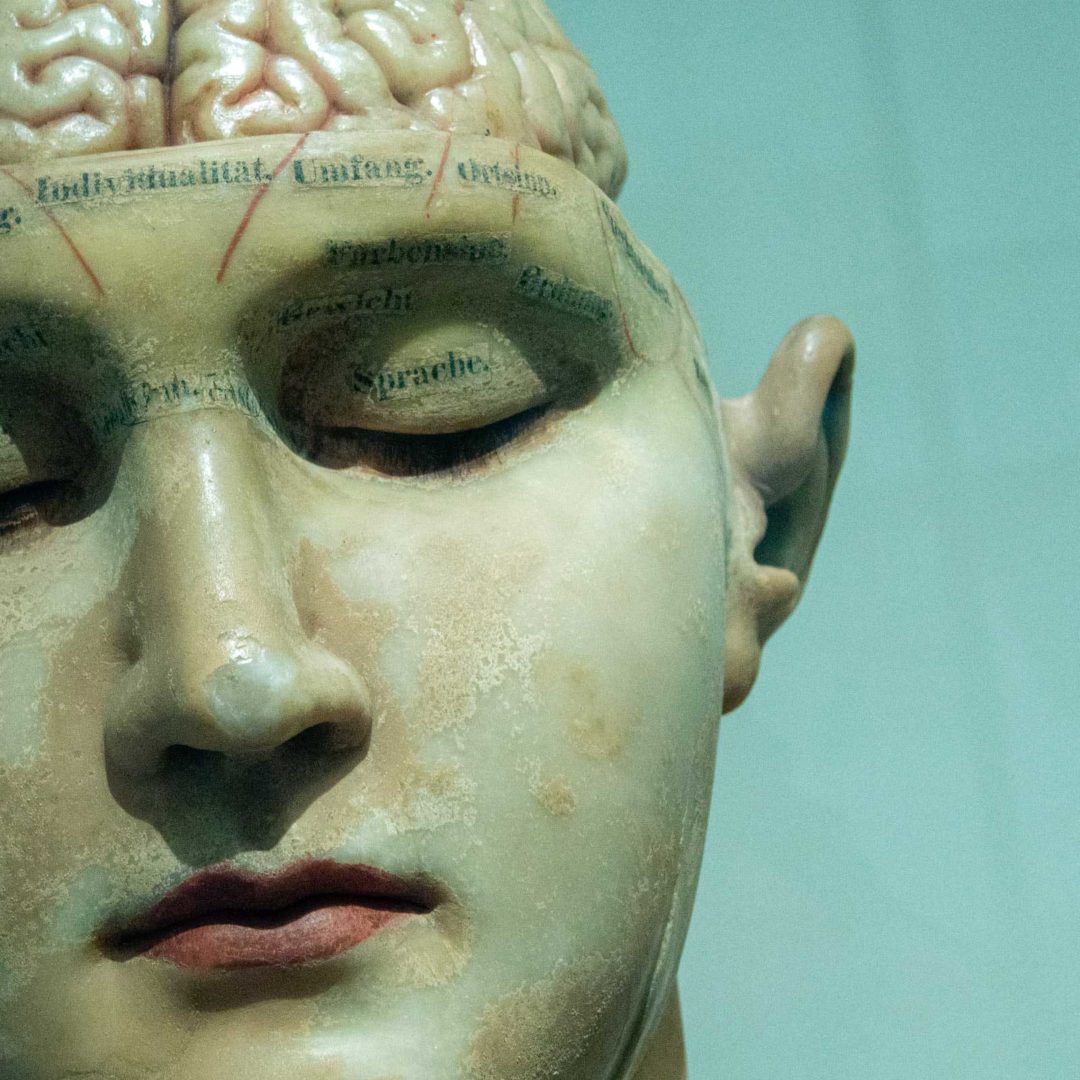In light of the COVID-19 pandemic, scientists are even more motivated to see what social isolation does to the human brain. While direct causality cannot be assumed just yet, researchers suggest that social isolation can lead to cognitive decline and even a shrinkage in certain areas of the brain important in learning, memory, and emotional processing.
Scientists have long been interested in how social isolation can affect the brain. In 1972, French scientist Michel Siffre conducted what continues to be the longest self-isolation experiment in history by being alone in a Texas cave for 6 months without human contact. Siffre documented his thoughts during the experiment and the results were quite shocking. After a few months, Siffre writes that he could “barely string thoughts together” and by the five-month mark, he was so desperate for human contact that he tried to “befriend a mouse.” Two longer term studies conducted by the English Longitudinal Study of Aging (ELSA) have also suggested an association between elderly individuals with fewer social connections and “greater decline in cognitive function, as measured by verbal fluency and memory recall tasks, after four years.” These experiments suggest that there is some connection between social isolation and our cognitive abilities but what areas of the brain are actually changed during periods of solitude?
Neuroimaging has helped shed light on exactly what brain structures seem to be affected by social isolation, namely the prefrontal cortex and the limbic system (in particular, the hippocampus and amygdala). The prefrontal cortex is the part of the brain involved in executive functioning and decision making, and mice models have shown that subjects who were more isolated form their cohorts demonstrated “dysregulated signaling” in their prefrontal cortices. The amygdala and hippocampus are involved in emotional regulation and working memory, respectively. Smaller hippocampi and amygdalas have been seen in people who experience more social isolation, suggesting that chronic solitude can have an effect on our capacity to form memory and process emotions.
While much more work needs to be done and no direct causal relationship can be established at this point, it is clear that chronic isolation can play a role in our neurobiology. The effects on our mental and psychological well-being are more readily seen. People who spend more time alone report feeling more anxious, depressed, and less able to handle stressful situations. The International Council on Active Aging provides some great tips on how to remain connected during this stressful time. Exercise outdoors in a socially distant way with a friend or join a virtual book club! Technology is a great resource for staying connected while we have to be apart.
If you or a loved one feels like you may need extra support during this time, our physicians at CalPsychiatry are here for you. With our telepsychiatry services and accommodating hours (including weekend appointments), we want you to know that YOU ARE NOT ALONE.
Here are some tips for staying connected during these difficult times!





